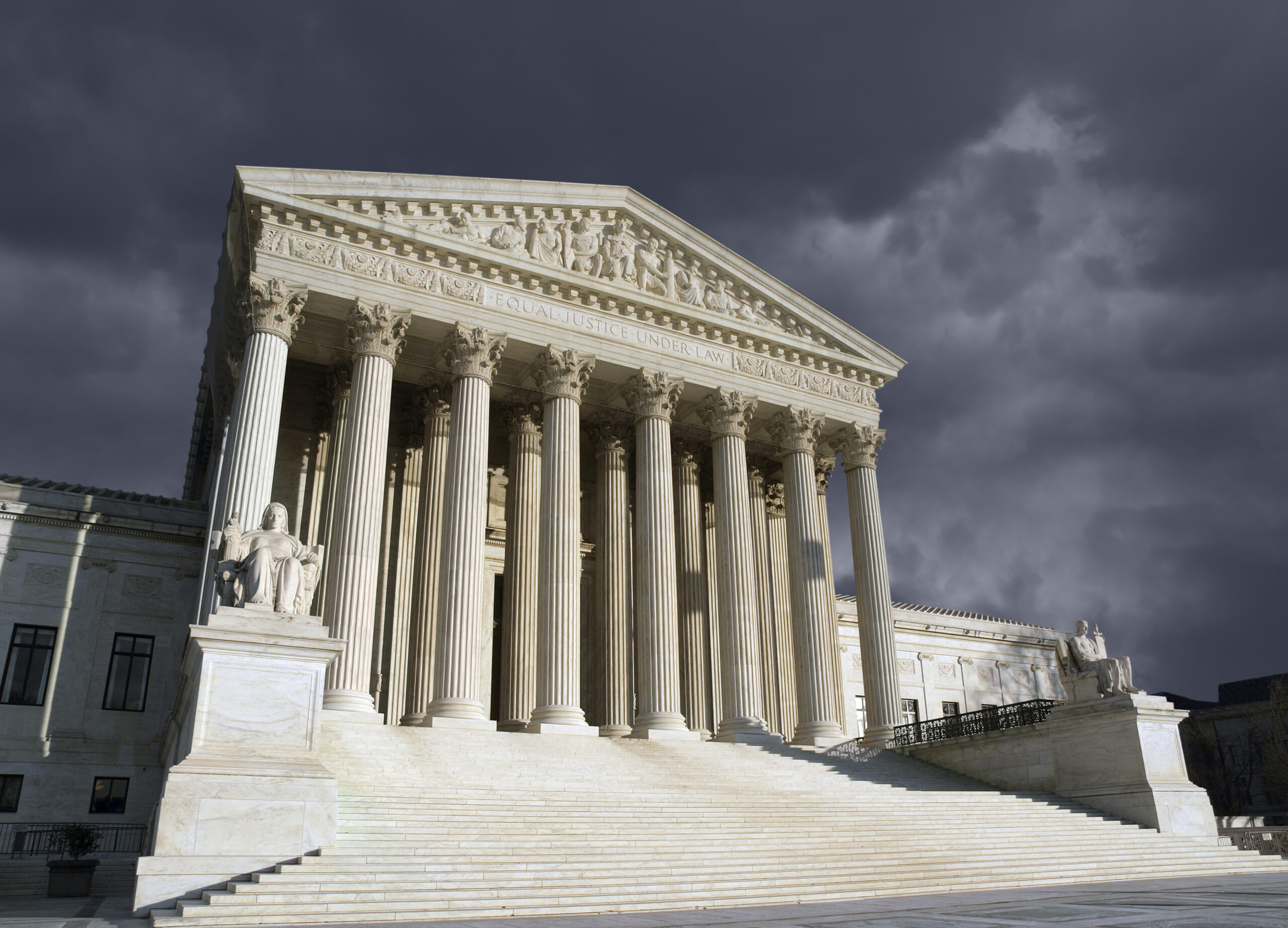This week at the ACLU of Maine: Our Sixth Amendment case moved forward, the Supreme Court heard arguments about birthright citizenship, we're engaging Wells residents on immigration issues, and more.
As the Town of Wells Considers Its Next Budget, Agreement with ICE Faces Opposition
Do you live in Wells? Your town board needs to hear from you!
As Wells considers its next budget, an agreement with Immigration and Customs Enforcement is likely to increase costs and liabilities, threaten Maine people's constitutional rights, and decrease community safety. The town board is considering the budget on Tuesday, May 20, and they need to hear from you.
Maine's local law enforcement agencies should focus on their communities' needs. Immigration enforcement is often rife with civil rights violations and racial profiling. 287(g) agreements threaten Maine people's constitutional rights, erode trust in local law enforcement, keep people from reporting crimes and providing witness statements, and expose towns to costly legal liability. We hope Wells will join Monmouth and Winthrop by reversing plans to use community resources to further the president's ‘mass deportation' agenda.
Add your name urging the town board to withdraw from its agreement with ICE
This action is for Wells residents only.
Superior Court Rejects State's Attempt to Halt Sixth Amendment Case

The Kennebec County Superior Court ruled last week that it will proceed with hearings to consider releasing people who have been jailed and denied counsel for over 14 days or charged and denied counsel for over 60 days. Charges could be brought again once the state can provide an attorney.
The order comes after the state requested in March to pause the hearings while it appeals to the Maine Supreme Judicial Court. The court considered legal arguments from the state and the ACLU of Maine on the matter, and ultimately decided it would move forward with habeas proceedings while the state appeals.
This ruling is the latest advancement in the Robbins v State of Maine since the start of the year. On January 3, 2025, the superior court ruled that the State of Maine is violating the Sixth Amendment by failing to provide attorneys to those charged with a crime. On March 7, 2025, the court ordered the state to provide legal counsel to people charged with a crime who cannot afford their own attorney, and for the state to create a plan to end this ongoing crisis. It also stated it would begin habeas proceedings to consider releasing people and dismissing charges against people who have been denied counsel for an extended period.
Supreme Court Hears Arguments on Birthright Citizenship

On Inauguration Day, President Trump signed an executive order attempting to end birthright citizenship, a Constitutional right enshrined in the 14th Amendment guaranteeing everyone born in the U.S. is granted citizenship. The ACLU of Maine, along with several other organizations, sued Trump immediately after he signed the order. The 14th Amendment is clear: If you are born in the U.S., you are a U.S. citizen.
On Thursday, the Supreme Court considered questions stemming from three of the lawsuits against this executive order. The hearing did not focus on the legality of Trump's order, but instead on technical questions about "injunctions." Courts often use "nationwide injunctions" to stop potentially illegal policies from going into effect while the court determines their legality. This protects people who would be harmed by the policy. The court considered, in the context of some birthright citizenship lawsuits, whether a federal judge has the power to block clearly illegal orders from going into effect during litigation.
This is part of the Trump administration’s ongoing strategy to limit access to justice, and in turn, make it harder to stop his cruel, unlawful agenda from taking effect. Regardless of the outcome, the fight to stop Trump’s order on birthright citizenship is not over. The ACLU and our partners will keep fighting to protect the constitutionally enshrined right of birthright citizenship.
ACLU of Maine's Spring Newsletter Recaps Busy Start to 2025
A few weeks ago, we sent out our spring newsletter to recap the work we've been doing over the last several months. If you haven't seen it yet, you can view the newsletter here. Read a letter from our executive director, Molly Curren Rowles, about our response to Trump's second term, an update on our ongoing Sixth Amendment lawsuit against the state, and what's coming up in the second half of the year.
Do you want the next newsletter to arrive in your mailbox? Support our work by donating any amount to join the list.
In case you missed it: Our legal team held a Zoom webinar on the cases and issues they've been working on. You can watch a recording of the webinar here to catch up.



